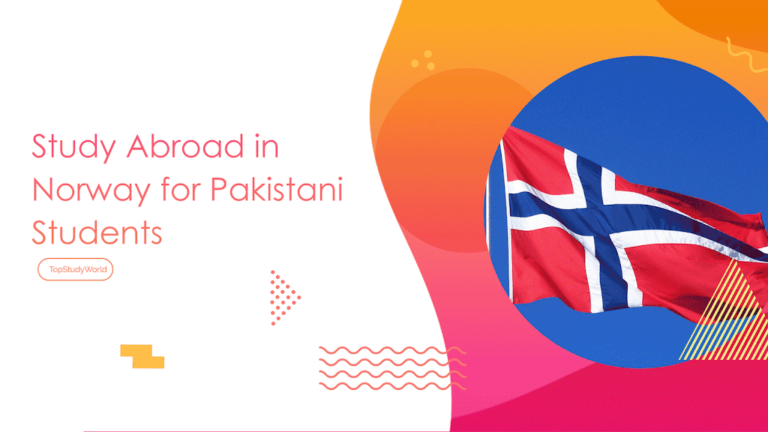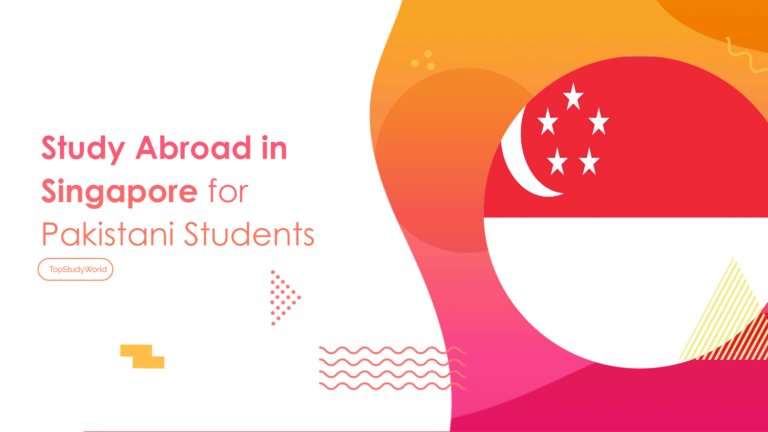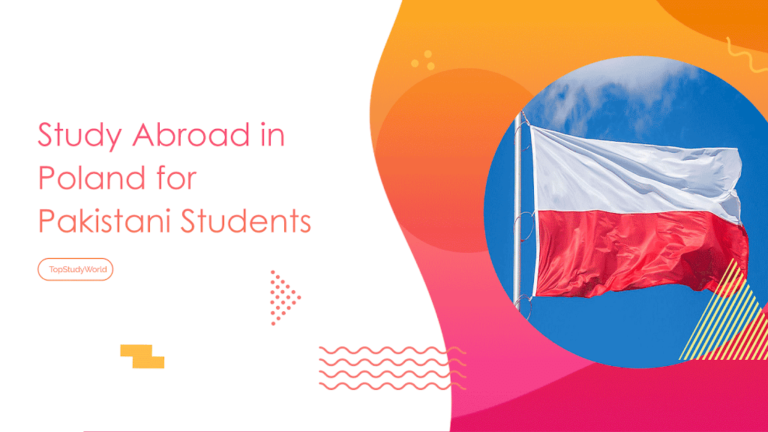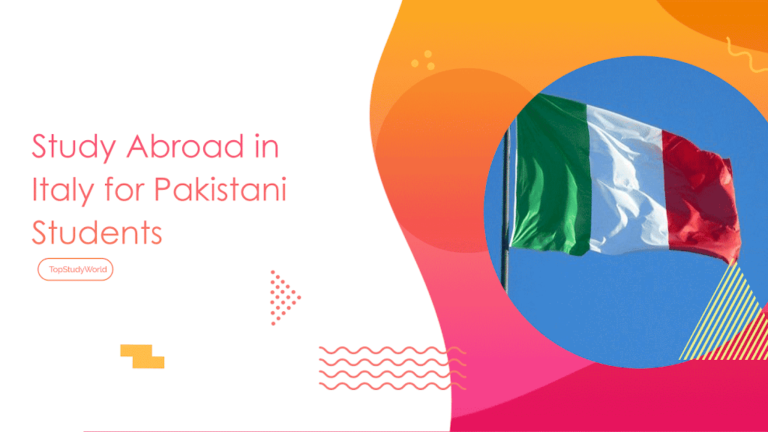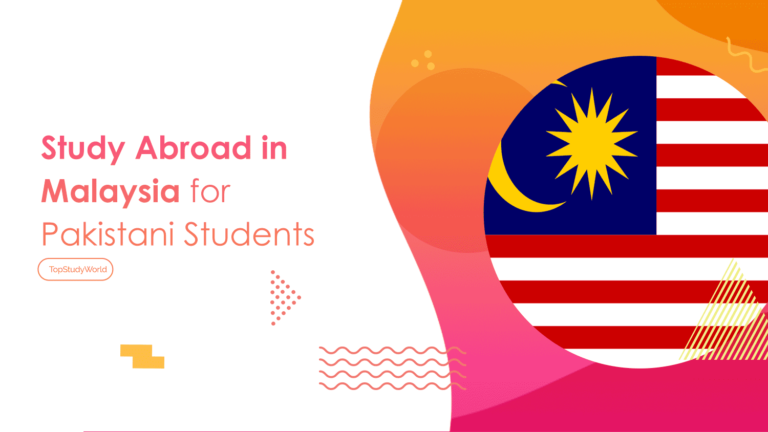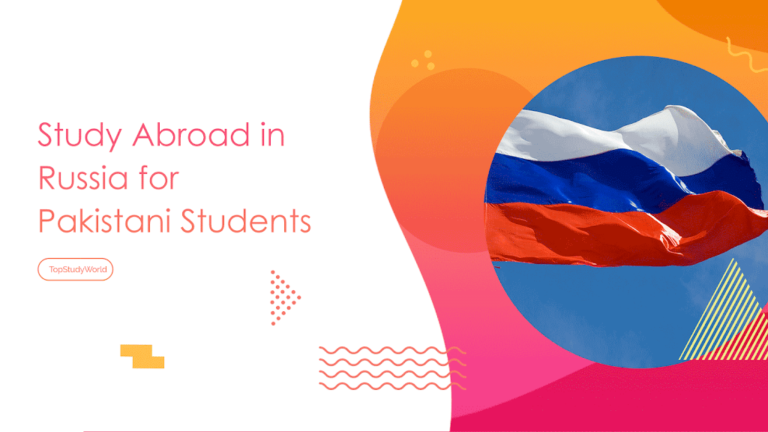The Netherlands stands in a good position in its academic competitors in the world. If you’re aspiring to get enrolled in a Netherlands university, then save this article right away. This guide explains in detail everything you need if you plan to embark on this journey. So have patience and follow this step-by-step guide.
Netherlands – Some Facts

The Netherlands, also called Holland, is situated in northwestern Europe. The country is a parliamentary democracy working under a constitutional monarchy. Despite its modest size, the Netherlands has remained one of the most advanced economies in the world.
Its capital, Amsterdam has remained one of the liveliest centers of international youth culture. While some vile practices and dubious laws have made their way into the dutch culture, the country is seen as a peaceful and safe spot for almost every ethnic group.
Netherlands Top Universities
| University | Location | International Ranking |
|---|---|---|
| Delft University of Technology | Delft | 50 |
| University of Amsterdam | Amsterdam | 57 |
| Wageningen University & Research | Wageningen | 118 |
| Leiden University | Leiden | 122 |
| Erasmus University Rotterdam | Rotterdam | 144 |
Climate

The Netherlands exhibits a moderate climate, with cool summers and gentle bearable winters. Every season receives rainfall making the weather pleasant in almost every region of the country. On an average day, three-fifths of the sky is clouded. That must sound like a relief for most Pakistanis.
English Language Courses

The fact that 98% of the population in the Netherlands speaks Dutch might scare you at first. But you need not fret. The Dutch government understands that without offering courses in English, international students would never apply to their universities.
Many higher education institutes offer undergraduate and postgraduate courses in English. More than 2,100 courses are being taught in English, offered at almost all the institutions in the state. Information regarding these courses is easily available at the university websites in English.
Universities in the Netherlands

The universities and institutions here are either government-funded or government approved. Some privately financed institutions are also working in the country. However, not all of these private ones are recognized. To check the recognition of these institutes, look for the orders of NVAO, the organization that accredits educational institutions in the state.
The Netherlands is improving its educational sector day by day with more investment and better policies. The result can be seen in The QS World University Rankings 2019. This list includes 13 universities in the Netherlands. A big shot. All these universities are ranked within the world’s top 350. Wait, there’s more. Seven of these institutes are ranked within the global top 150. Already impressed?
Here are some names to convince you a bit more to pursue your higher education in this efficient state. The Delft University of Technology enjoys the rank 52 in the world and thus, becomes the nation’s highest-ranking institution. The University of Amsterdam and Eindhoven University of Technology follow suit, at 57th and 99th positions respectively.
Dutch University Fees

The distinction in the fee structures depends on two factors – the country of residence and the status of your chosen institute. If you’re an EU applicant, things become easier for you. The tuition fee becomes unbelievably high for non-EU applicants.
Let’s look at an example. The annual Dutch university fee for EU students starts from about €1,950. And the average fee for non-EU students enrolled in Bachelor’s programs lies between €6,000 and €15,000. The difference is vivid.
Cost of Living

The cost of living in the Netherlands can vary depending on the city or town you live in and your lifestyle. Generally, the cost of living in the Netherlands is considered to be relatively high compared to other European countries. Here are some average costs you can expect:
- Accommodation: The cost of rent varies greatly depending on the location and type of accommodation. On average, a one-bedroom apartment in Amsterdam can cost around €1,500 per month, while a similar apartment in a smaller city or town may cost around €800-€1,000 per month. Sharing an apartment or house with other students can be a more affordable option, with shared accommodation costing around €400-€800 per month.
- Food: The cost of groceries can also vary depending on the location and where you shop. On average, a weekly food budget for one person can range from €50-€100. Eating out at restaurants can be more expensive, with a meal at a mid-range restaurant costing around €15-€25.
- Transportation: The Netherlands has an extensive public transportation system, with buses, trams, and trains. The cost of a single ticket can range from €1.50-€3.00, while a monthly pass can cost around €50-€100, depending on the region.
- Healthcare: International students are required to have health insurance while studying in the Netherlands. The cost of health insurance can vary depending on the provider and the coverage you choose, but on average it can cost around €80-€100 per month.
- Miscellaneous Expenses: Other expenses to consider include internet and phone bills, clothing, and entertainment. These costs can vary greatly depending on your personal preferences.
Scholarships for International Students

Around 90,000 international students are currently studying in the Netherlands. Where the costs of tuition and living are soaring so high, the best course of action is acquiring a suitable scholarship. Many state-level scholarships like Erasmus Mundus are there to rescue you.
Apart from that, almost every university has a unique set of scholarships prepared for encouraging international students to get admitted to Netherland universities.
Dutch Student Visa/Permit Requirements

You can only apply for the visa when you successfully obtain a letter of acceptance from an accredited university in the Netherlands. It’s a formal procedure. Once this is done, visit the Netherlands embassy and apply for the visa that requires the following documents:
- Bank Statement (proving you can spend 870 Euros/month while studying in the Netherlands)
- Valid passport
- Health Examination Certificate
- Health Insurance Coverage
- Letter of Acceptance from Dutch University etc.
If you are a non-EU/EEA national, you will need a visa to study in the Netherlands. Here are the general requirements for obtaining a student visa:
- Acceptance to a Dutch educational institution: You will need to provide proof of acceptance to a Dutch educational institution that is recognized by the Dutch government. This can be in the form of a letter of acceptance or enrollment confirmation from the educational institution.
- Financial resources: You will need to provide proof of sufficient financial resources to cover your tuition fees, living expenses, and healthcare insurance while studying in the Netherlands. This can be in the form of bank statements, scholarship letters, or other financial documents.
- Health insurance: You will need to purchase Dutch health insurance that meets the requirements set by the Dutch government. The insurance should cover medical expenses, hospitalization, and repatriation in case of emergency.
- Passport: You will need a valid passport that is valid for at least six months beyond your planned stay in the Netherlands.
- English language proficiency: You may be required to provide proof of English language proficiency, such as a TOEFL or IELTS score, depending on the educational institution and program you are applying to.
- Visa application: You will need to submit a visa application to the Dutch embassy or consulate in your home country. The application should include all necessary documents, such as your passport, acceptance letter, financial documents, health insurance, and proof of English proficiency (if required).
It is important to note that the visa application process can take several months, so you should apply as early as possible. Additionally, you may need to undergo a tuberculosis (TB) test and/or provide a certificate of good conduct as part of the visa application process.
Once you arrive in the Netherlands, you will need to register with the local municipality and apply for a residence permit to stay for the duration of your studies.
Part-Time Jobs

Students can take jobs but the restrictions on working hours will not sound good to you. A total of only 10 working hours per week is permissible for international students. But the limitation eases in summer breaks when you can work 40 hours a week.
Another drawback is that the employers need to apply for a TWV work permit at INDy before hiring a non-EU, international student. And every new employer of yours will have to go through this official process once again. That extra ordeal on the employer’s part becomes a bit troublesome for some students.
Work After Completion of the Degree

Many international students find this country a safer and better place to get settled. If you wish to do the same, then you’ve got to apply for a search year permit (zoekjaar) after you’ve graduated in the Netherlands. This has to be done before the student permit expires.
If you’re able to get a suitable job within this one-year duration, then you can convert the work permit to a highly skilled migrant permit without leaving the country. If you fail to find a job, then you’ll have to leave the state immediately.
We hope this article proved of great help to you. All The best for your ventures and plans.

He is an SEO wizard and founder of Top Study World & Nafran, has been featured more times than a celebrity on Ahrefs, Semrush, Dawn News, Propakistani and dozens more. His superpower? Helping students ace their exams!



